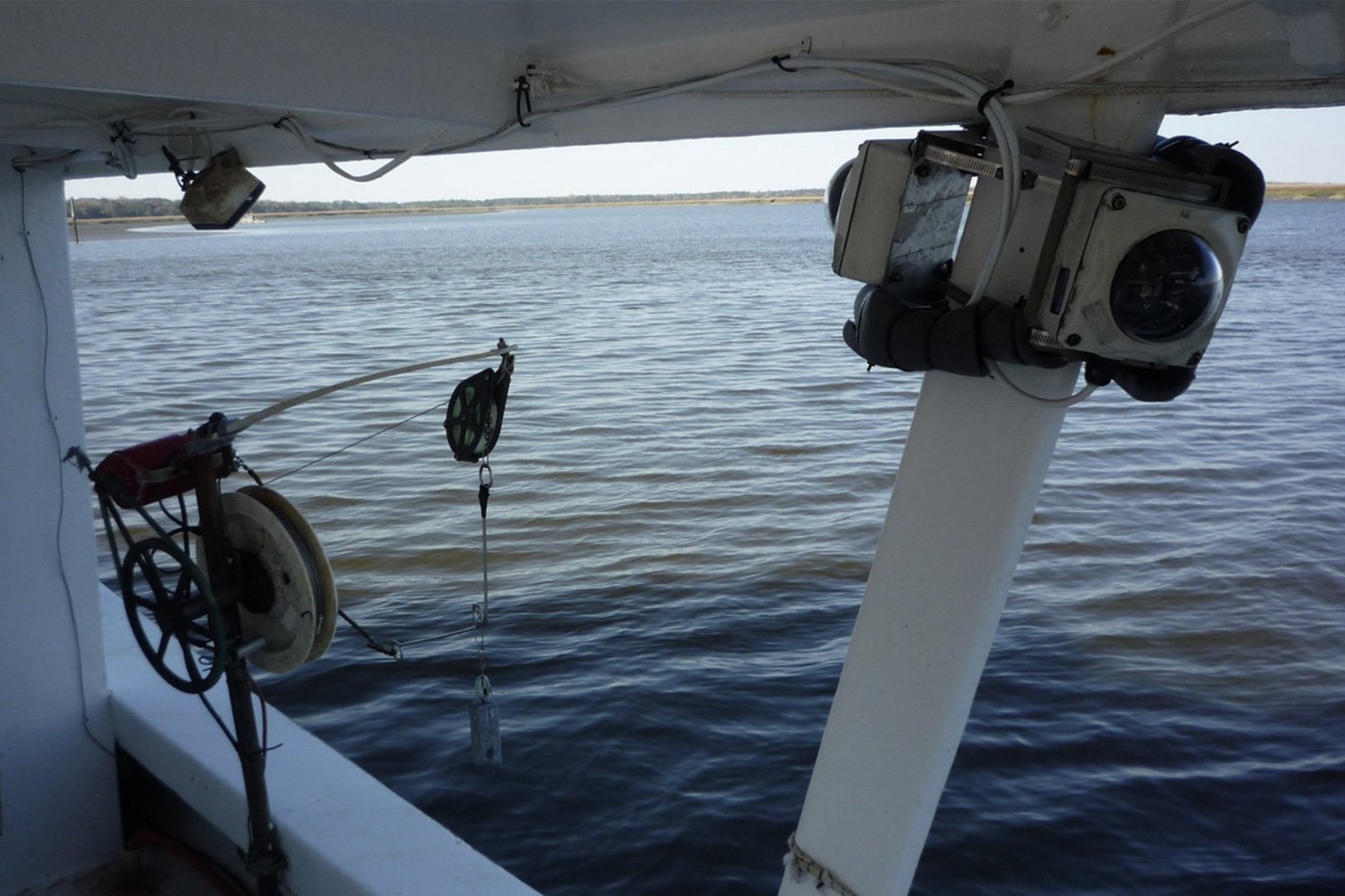Ocean-Side Chat with Data Modernization Pioneer, Dorothy Lowman
It is a universally acknowledged truth that long-term sustainability in American and global fisheries is the only path to success for fishermen, scientists, environmentalists, regulators, policy makers, and everyday enthusiasts. Navigating the turbulent waters to achieve that sustainability is where the questions come in.
Enter Dorothy Lowman, a long-time voice in the field of fishery management from a variety of viewpoints including as a founding member of the Net Gains Alliance. It is unusual to have such a broad perspective, but Lowman has experience as a scientist, economist, consultant to both environmental NGOs and industry groups, policymaker, and technology advocate. As she sees it, at the core the solution lies in, “good, timely data that’s interpretable and informs decision making. No issue can be addressed without that foundation.”
The question of how to get, or create, this kind of timely, accurate, and useful data is all about modernizing the methods of capturing, storing, standardizing, and sharing information about how the wide array of people on the water are using its resources. In an industry that has its roots in ancient traditions, data capture and sharing isn’t always at the forefront of the conversation. Still, the data modernization movement is gaining traction. Today, the National Oceanic and Atmospheric Administration (NOAA) and its fisheries division, the National Marine Fisheries Service (NMFS,) have stated commitments to knowledge sharing and sustainability. Data modernization is sure to play a key role in meeting these commitments.
Of course there remain a variety of challenges to data modernization including data security, funding, competing priorities, and the general complexity of the issues in the industry, but the way Lowman sees it, data “silos” are one important barrier impeding progress.
Until very recently, data has been collected by individual organizations for very specific purposes and not available to address other management or business needs. Vessel Monitoring Systems (VMS) are a good example of this in that they were initially used to collect data for law enforcement but are valuable to other groups for other purposes. But access can be problematic. Such data silos result in either unnecessarily duplicative data collection systems or data unavailability. Better sharing of data across a variety of data systems is starting to change but more work is needed to address data silos in the wider group.
In her mind, convening the full range of stakeholders from initial data visioning onward is key to forward progress. A realist, Lowman recognizes that not everyone’s complete slate of interests overlap, but that doesn’t deter her. “Bringing the right people in the room together, including the people who don’t think their goals align” is the important first step to what she calls “Seeking the Commonality.”
Because it is in this commonality where progress can be made. Lowman tempers her optimism with realistic expectations, “If we work together, collaborating, we can find solutions, but it’s hard work and it’s not fast”.
Still, with committed effort, progress is being made in the form of rebuilt stocks, scientific advancements, and most importantly stakeholders pulling together in a way that makes long-term sustainability a real possibility.




